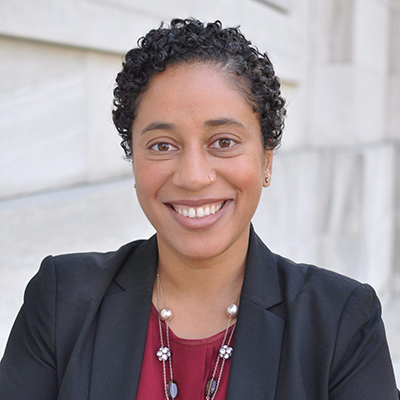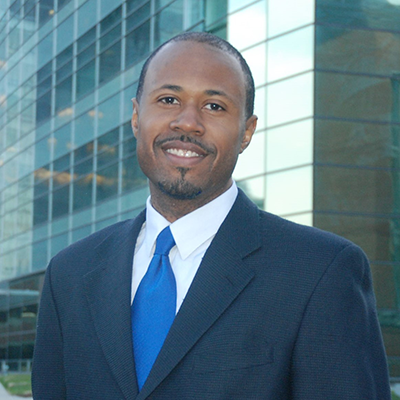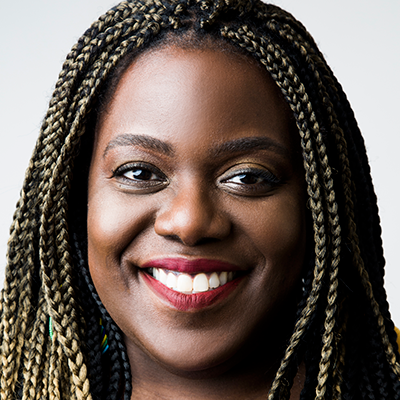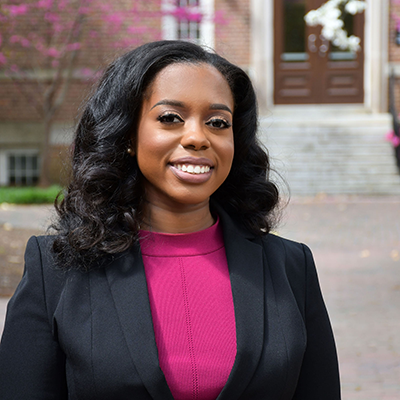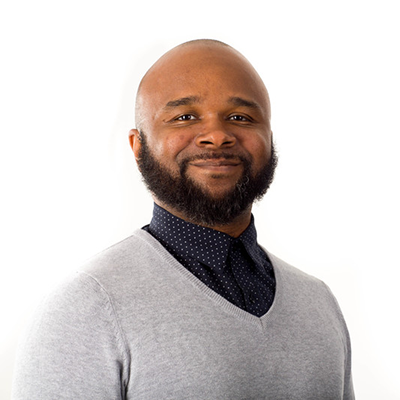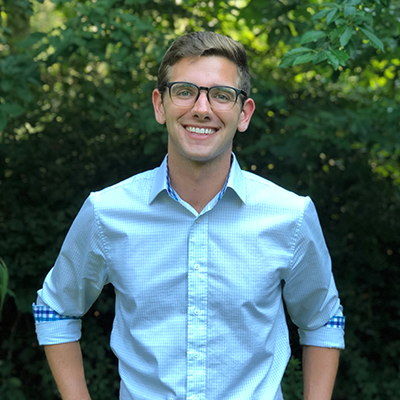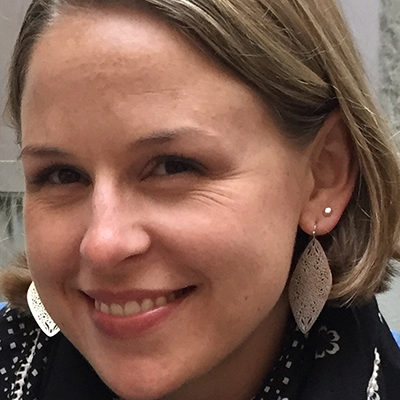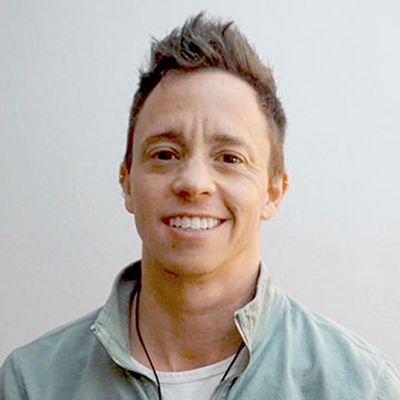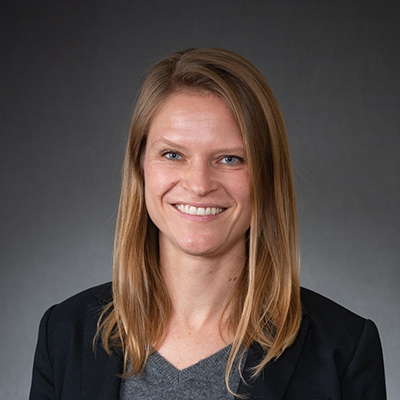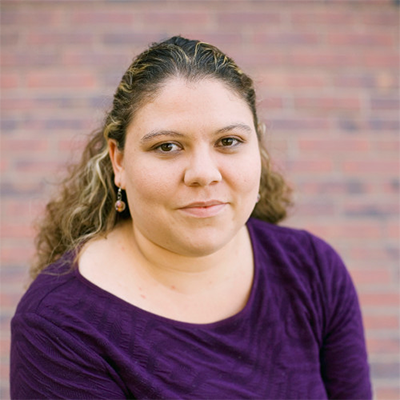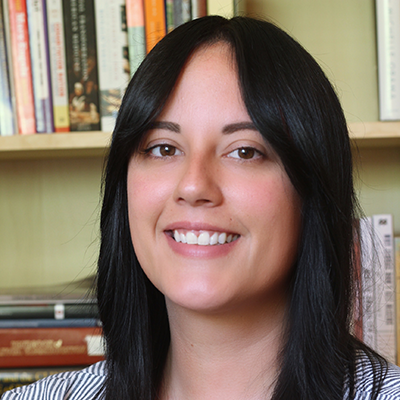Black lesbian, bisexual, queer, and other sexual minority (LBQ+) women face barriers to accessing sexual and reproductive health services. Interpersonal sexual orientation and racial discrimination independently undermine sexual and reproductive health services use among U.S. women. However, very few studies have examined whether and how interpersonal sexual orientation and racial discrimination simultaneously affect sexual and reproductive health services use among Black LBQ+ women. Structural sexual orientation and racial discrimination (e.g., laws, policies) have been linked to poor health and health care outcomes among lesbian, gay, bisexual, and queer (LGBQ) and Black individuals, respectively. However, studies investigating associations between structural sexual orientation and racial discrimination and sexual and reproductive health are scarce, and no study of which we are aware has focused on Black LBQ+ women in particular.
We will conduct a national online survey of Black LBQ+ U.S. women aged 18-44 years to investigate how both interpersonal and structural sexual orientation and racial discrimination influence sexual and reproductive health services use among Black LBQ+ women. Our novel findings, which we will disseminate using manuscripts, factsheets, infographics, a study website, and social media, will help inform multilevel strategies that promote sexual and reproductive health among Black LBQ+ women.
